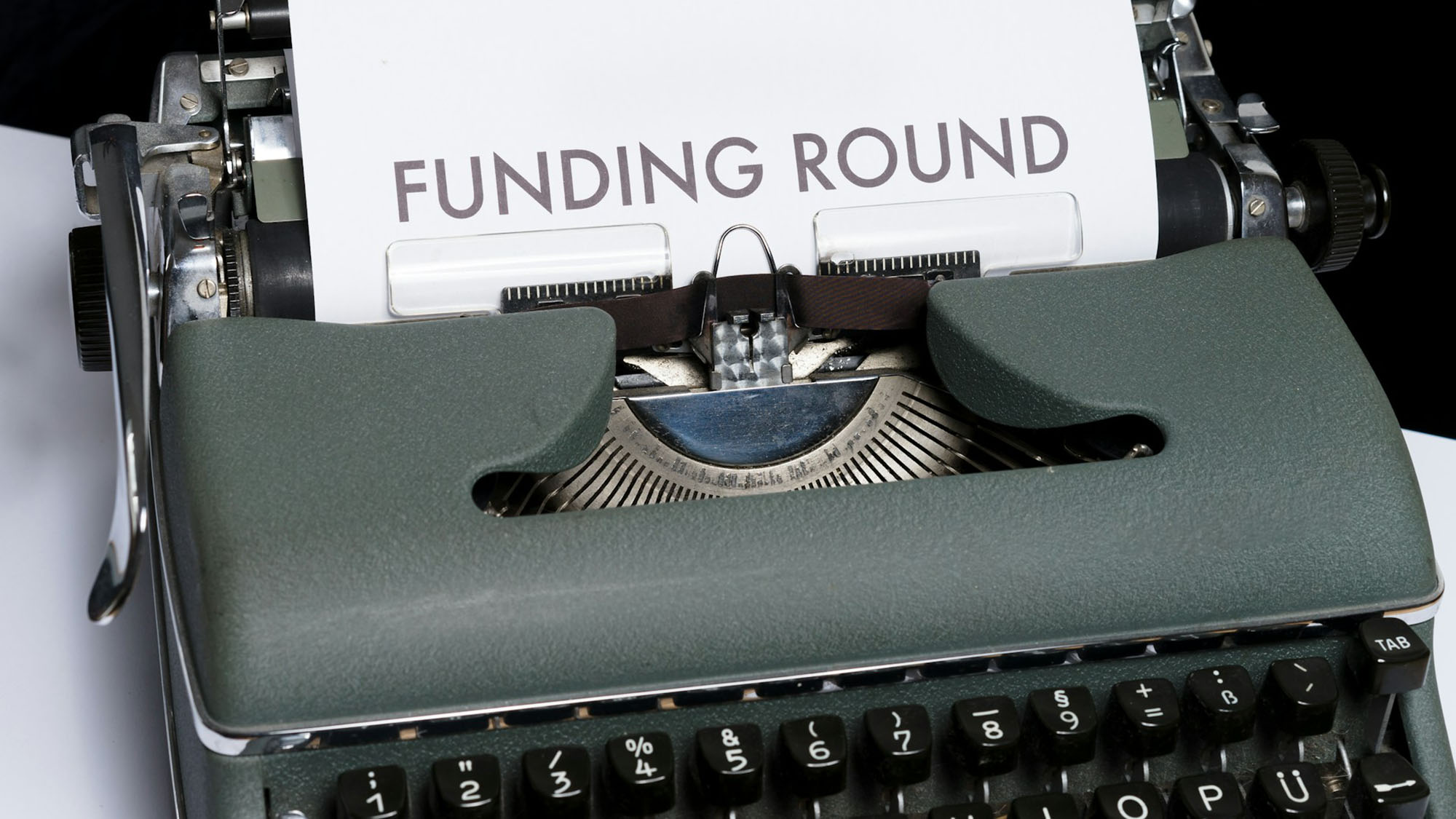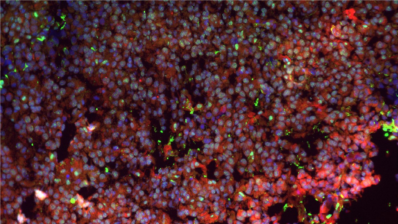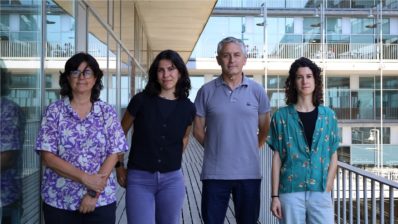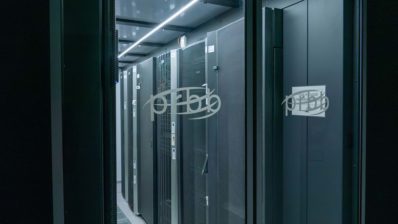In recent months, several groups from the Barcelona Biomedical Research Park (PRBB) have won competitive grants for their research projects, demonstrating the good health of the Park’s research.
European Research Council (ERC) Grants
Marc Güell, from the Department of Medicine and Life Sciences (MELIS-UPF), has received a grant from the European Research Council (ERC). This ‘Consolidator grant’ will help his group develop strategies based on RNA technologies to modify the genetic code in human cells in the SCRIBE (RNA-based gene writing in human cells) project.
Jorge Ferrer from the Centre for Genomic Regulation (CRG) has received an ERC grant of 150,000 euros in the ‘Proof of concept’ category. This category is open to researchers who have already received an ERC grant for a project, and is used to explore the commercial or societal potential of their results. In Ferrer’s case, it will be used to develop a diagnostic tool for diabetes that takes into account information from a patient’s entire genome. The tool will include the analysis of complex regions of DNA that do not code for proteins but play a critical role in health.
Two researchers from the Barcelona Institute for Global Health (ISGlobal) have also received ERC grants. Alberto García-Basteiro has been awarded a ‘Starting Grant’ of 2.5 million euros to further his scientific career and develop the TB-QUEST project. This is an epidemiological project to understand the role of asymptomatic tuberculosis in the transmission of the disease. Joan Ballester also won a ‘Proof of Concept’ grant of 150,000 euros to develop the FORECAST-AIR project, an open-access system for predicting the effects of air pollution.
Other national and international Grants
Talya Dayton, from the European Molecular Biology Laboratory – Barcelona (EMBL Barcelona), has received two grants from institutions that fund research into neuroendocrine tumours. The first, amounting to 270,000 euros, comes from the Neuroendocrine Tumor Research Foundation in Boston, a US institution that is the world’s leading funder of research into this type of tumour. The second is from the Spanish Group of Neuroendocrine and Endocrine Tumours (GETNE) with an endowment of 60,000 euros. These grants will allow her to continue advancing in her research with organoid models.
The Fundació La Caixa has awarded two grants to PRBB groups as part of the CaixaResearch call for health research. They were awarded to Juana Díez from MELIS-UPF and Toni Celià-Terrassa from the Hospital del Mar Research Institute. Díez has received 430,000 euros to study a new biological approach to reduce the spread of infectious diseases transmitted by mosquitoes. Celià-Terrassa has obtained almost one million euros to study the metastasis of tumour cells by analysing their co-evolution with cells of the immune system.
Arnau Busquets, a researcher from the Hospital del Mar Research Institute, is part of a consortium that has also received a CaixaResearch health research grant of almost one million euros. The consortium is led by the Institute of Functional Biology and Genomics (IBFG) of the University of Salamanca and also includes the University of Bordeaux. They will study the link between cannabis and psychotic disorders.
The Hospital del Mar Research Institute will also receive 1.5 million euros in funding from La Marató de TV3 and Catalunya Ràdio from 2022. It will be distributed among four projects in the field of cardiovascular health led by Montse Fitó, Juan Domingo Gispert, Jordi Jiménez Conde, and Anna Oliveras.
Finally, the “Microcosmos BCN” project by Ridard Solè, professor at UPF and ICREA researcher from the Institute for Evolutionary Biology (IBE: CSIC-UPF), has received a grant from the BCN Science Plan. This plan is the result of a collaboration agreement between Barcelona City Council and Fundació La Caixa. The ‘Microcosmos BCN’ project will develop a tool to study different scenarios of global warming and bioremediation in urban soils. In addition, the project will participate in the Ciutadella del Coneixement initiative, providing an experimental and scientific outreach facility at the Natural Science Museum of Barcelona.
Congratulations to all the research teams!






